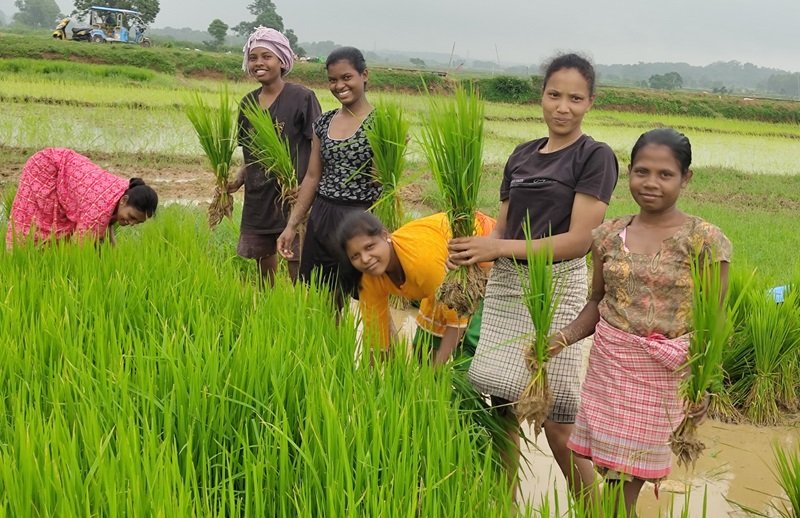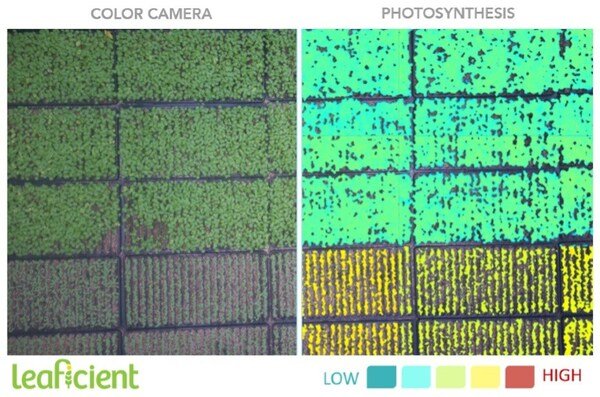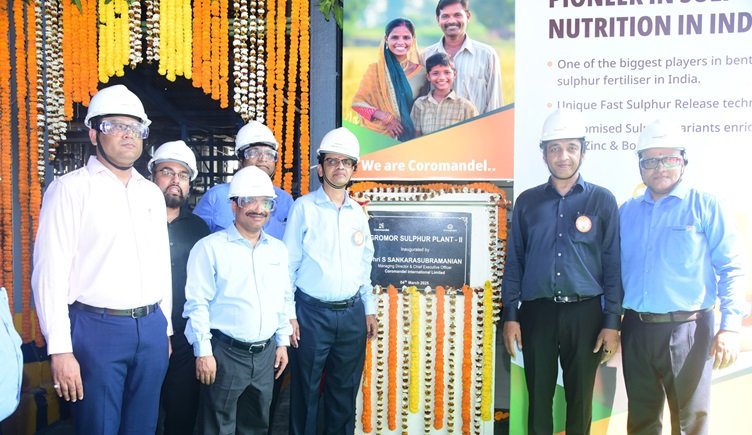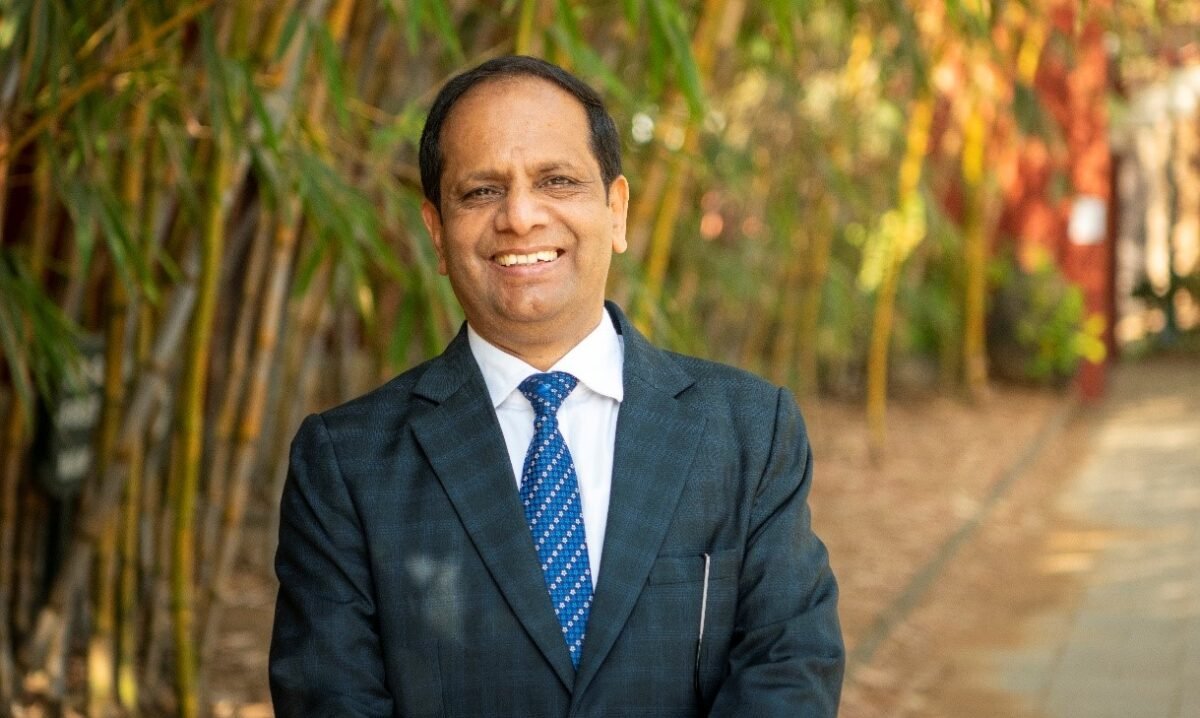Women-led Farmer Producer Organisations expanded by 128% in last 2 years at Arya.ag
Over 70 per cent of women-led FPOs focus on consulting, market services, and advisory roles, while the rest are engaged in direct farm production.
Women in agriculture are leading a transformation in India’s rural economy. The number of women-led Farmer Producer Organisations (FPOs) has grown by 128 per cent in the last two years within Arya.ag. Today, over 50,000 women are directly engaged in these FPOs, strengthening rural economies through collective enterprise. This expansion is creating new opportunities for financial independence, market access, and leadership in agribusiness.
Women’s participation in these FPOs is significant. Nine out of ten shareholders in these organisations are women, demonstrating a shift towards inclusive and equitable business models. Nearly 44 per cent of these FPOs are based in Maharashtra, followed by Bihar, Madhya Pradesh, and Jharkhand, with increasing presence in Karnataka, Assam, Andhra Pradesh, Rajasthan, and Uttar Pradesh.
The business models of these organisations are evolving. Over 70 per cent of women-led FPOs focus on consulting, market services, and advisory roles, while the rest are engaged in direct farm production. This diversification highlights how women are influencing key agricultural decisions beyond cultivation.
“Women farmers are no longer just contributors to agriculture. They are financial decision-makers, business strategists, and key players in supply chains,” said Prasanna Rao, CEO of Arya.ag. “By providing access to finance, storage, and reliable market connections, we are supporting the rise of women-led agribusiness.”
The impact goes beyond financial gains. Many of these women-led FPOs have helped smallholder farmers increase incomes by improving price realisation and reducing post-harvest losses. Reshma Kumari from Dehayat FPO in Bihar shared her experience, “Our FPO had become inactive, but with the support of Arya.ag, we have transformed into a self-sustaining model. Farmer incomes have increased four times, and we now have access to better markets”.
Women’s contributions to agriculture extend far beyond farming. They are leading in agritech, finance, supply chain management, and rural entrepreneurship. Women professionals are playing crucial roles in agricultural innovation, from developing digital finance solutions to managing large-scale agri-business operations. Their expertise in human resources, technology, and policy-making is shaping a more inclusive and resilient agricultural sector.
Sunita Waghmare, Chairperson of Navi Umed FPC Ltd, shares the inspiring journey of their Farmer Producer Company, which began with 3,500 women and has now reached a turnover of 6.5 crores. She discusses how they started with trading in turmeric and soybean, despite having little experience in the market. Sunita credits Arya.ag for their significant support in teaching them about quality parameters and market standards, which were essential to their success.
With greater control over their agricultural enterprises, women are improving price realisation, reducing risks, and strengthening supply chains. The rise of these FPOs is not just about numbers but about real impact—ensuring that rural women gain economic stability and long-term sustainability.
This Women’s Day, the rapid growth of women-led FPOs underscores a fundamental shift in Indian agriculture. As more women step into leadership roles, they are redefining rural economic growth and shaping the future of agribusiness.
Over 70 per cent of women-led FPOs














